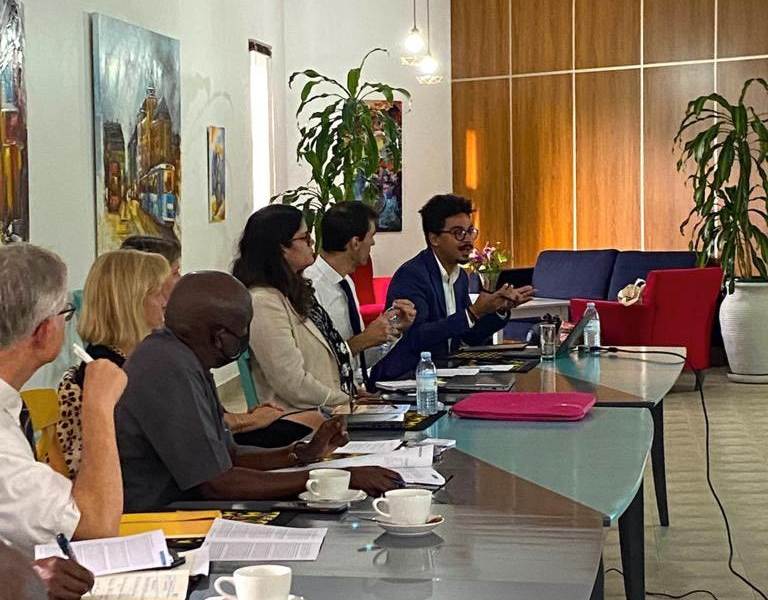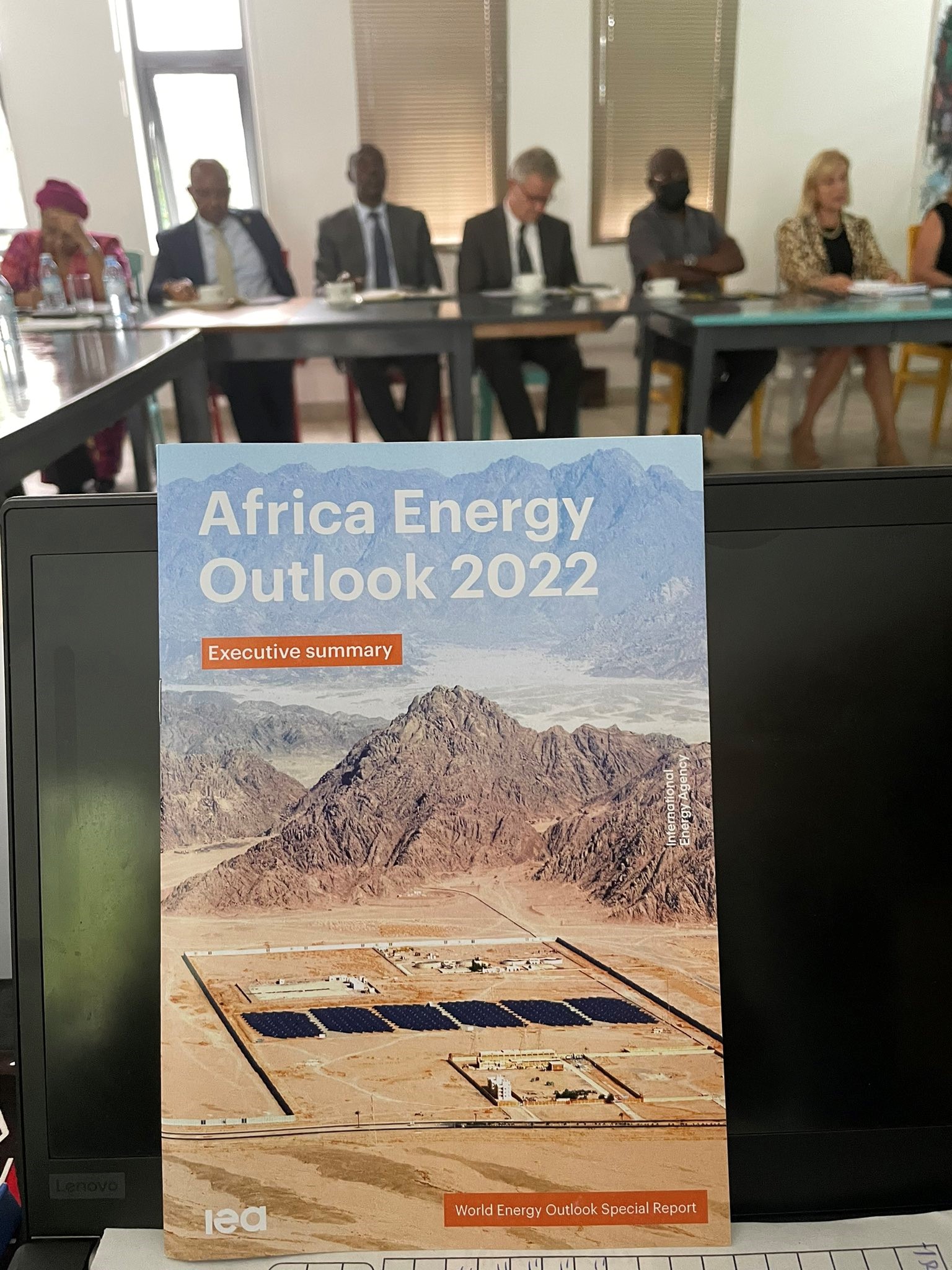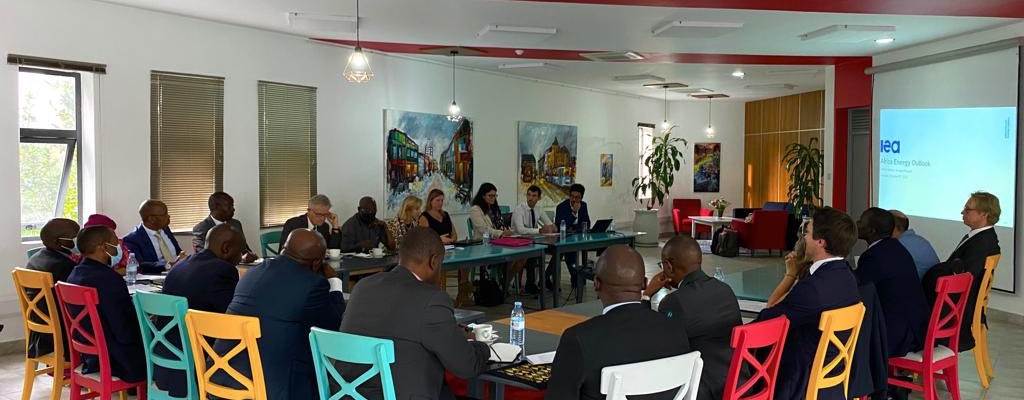On Thursday 7 October 2022, the Norwegian Embassy invited energy experts, diplomatic colleagues and ministry officials to the presentation of the IEA Africa Energy Outlook 2022 report at the embassy, a report that is partially funded by the Norwegian Government. The report of the International Energy Agency (IEA) explores pathways for the transformation of Africa’s energy sector.
The representatives from the IEA presented the key findings and recommendations of the report, followed by questions and discussion. The event provided a good forum for discussion on the future of the African energy sector.
About the Africa Energy Outlook 2022
For the report, the IEA developed a Sustainable Africa Scenario (SAS), which pictures an African continent where the energy-related development goals are achieved, including universal access to modern energy services by 2030 and the full implementation of all African climate pledges. In this scenario, energy and renewable energy sources, in particular solar power, are key pillars for building Africa’s new energy economy. The analysis was developed by the IEA in cooperation with the African Union Commission, the UN Economic Commission for Africa, and more than 20 African experts from 15 different countries.

One of the key findings in the report is the importance of access to clean cooking, which 970 million Africans lack access to. Liquified petroleum gas, which is the leading solution in many urban areas, is too expensive for many, resulting in the traditional use of biomass for cooking. The improvement rates needed for universal clean cooking access by 2030 are unprecedented, but the potential benefits are huge. Access to clean cooking can reduce premature deaths by over 500,000 people a year by 2030. It can also drastically cut the time spent gathering fuel and cooking, which can further allow millions of women to pursue education, employment, and civic involvement.
Other key elements of the report include:
- Africa is home to 60% of the best solar resources globally, yet only 1% of installed solar PV capacity.
- Africa’s industrialization relies in part on expanding natural gas use.
- Africa has a huge potential to produce hydrogen using its rich renewable resources.
- Major improvements are needed to make Africa’s energy systems more resilient against climate risks.
- Africa counts for less than 3% of the world’s energy-related CO2 emissions.
To reach the goal of universal access to modern energy in Africa, an investment of USD 25 billion per year is necessary, which only accounts for around 1% of global energy investment today.
To learn about all the key findings of the report, go to Key Findings, or download the full Africa Energy Outlook 2022.

Source: IEA. “Africa Energy Outlook 2022: World Energy Outlook Special Report”. International Energy Agency, Paris, France. June 2022. Africa Energy Outlook 2022 – Analysis - IEA
